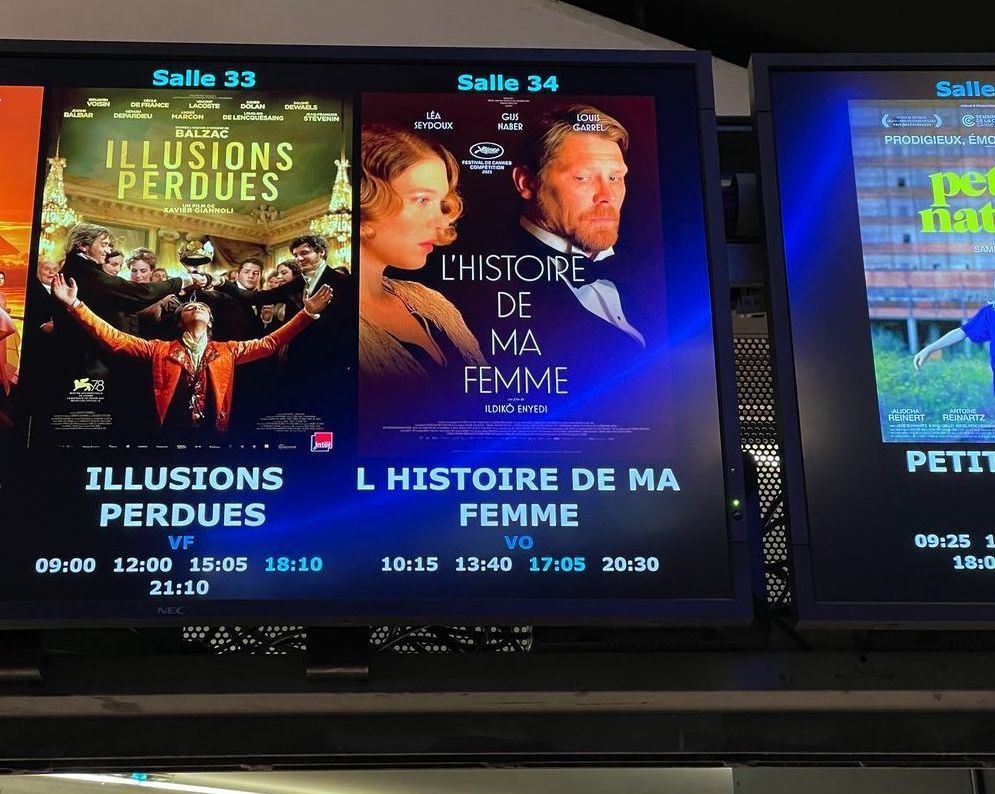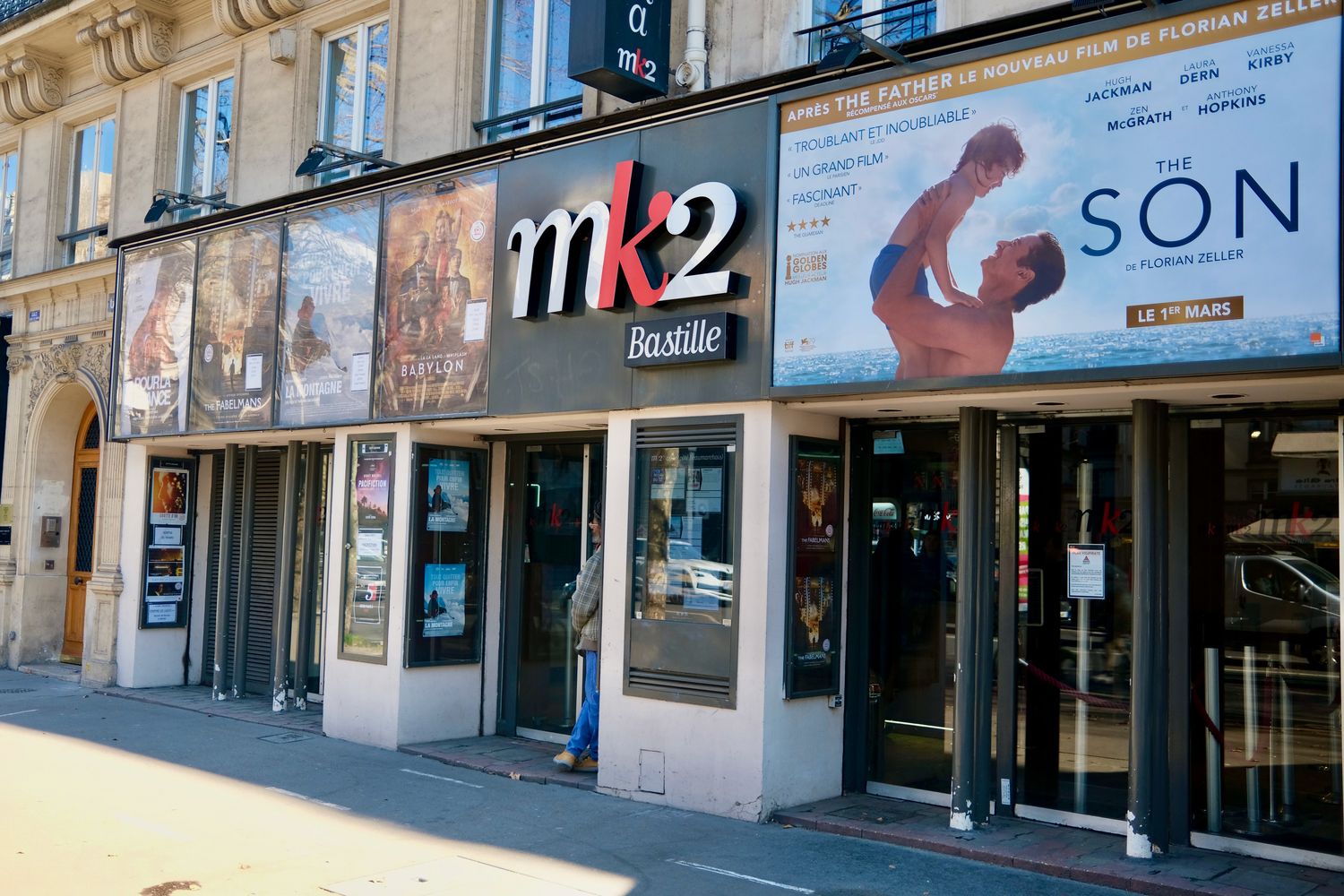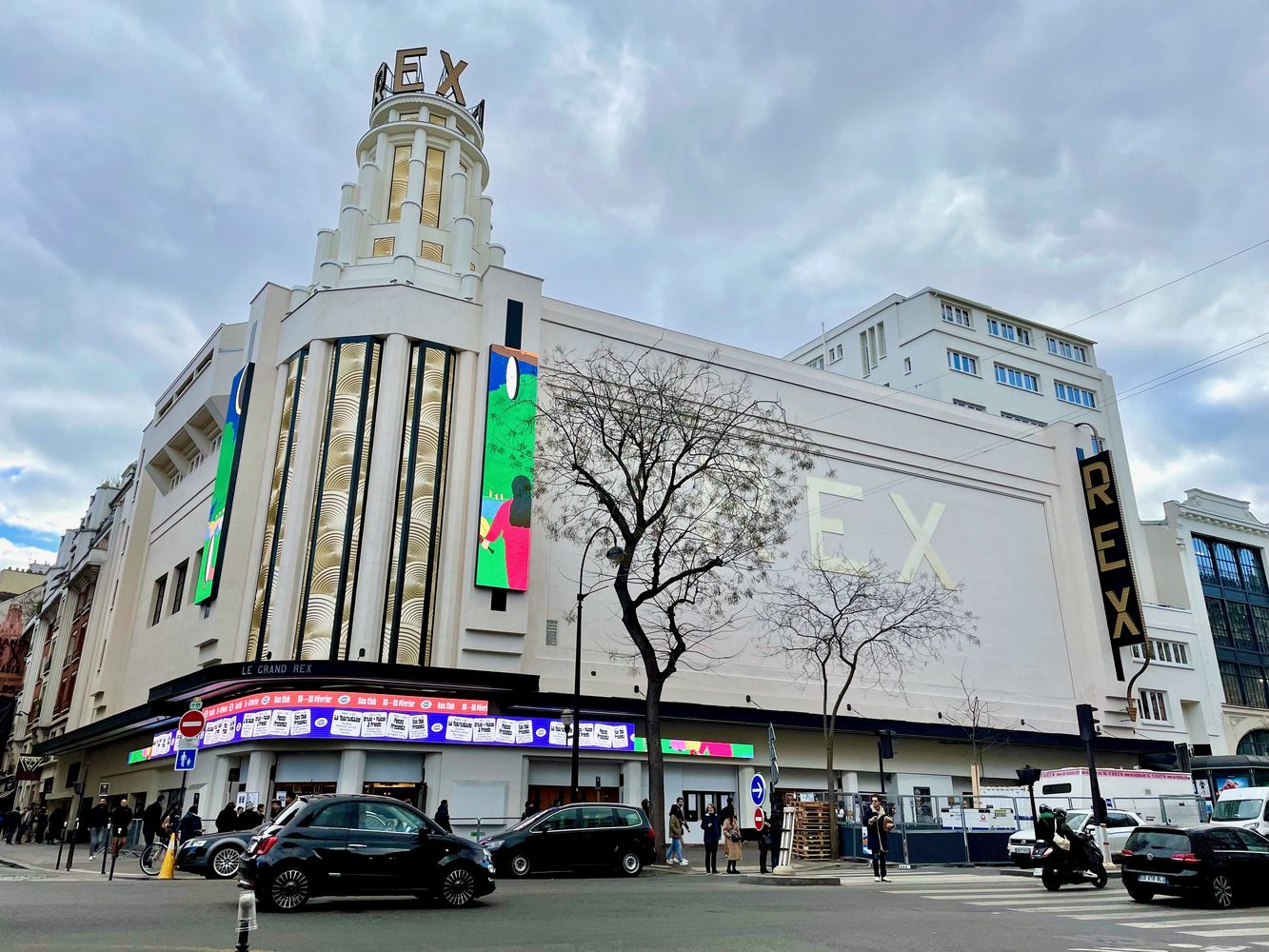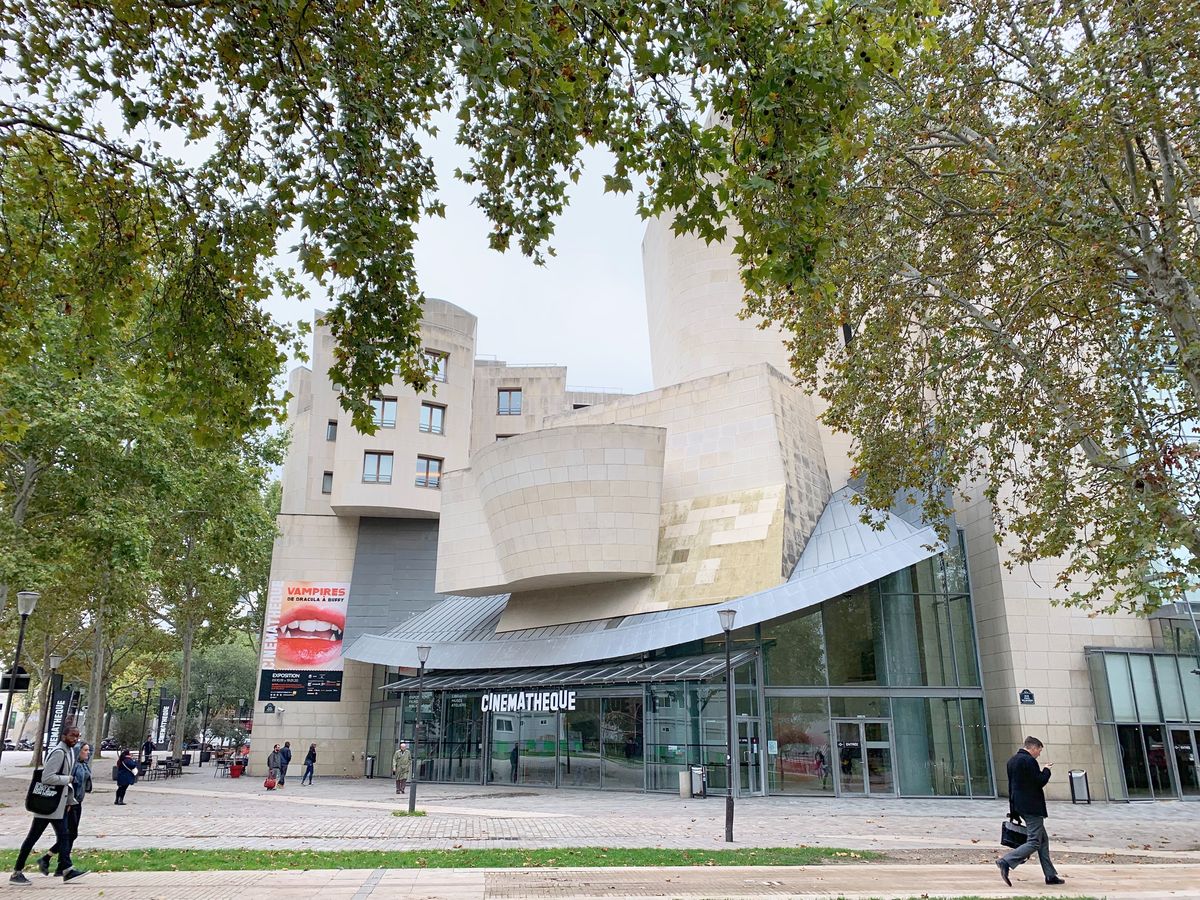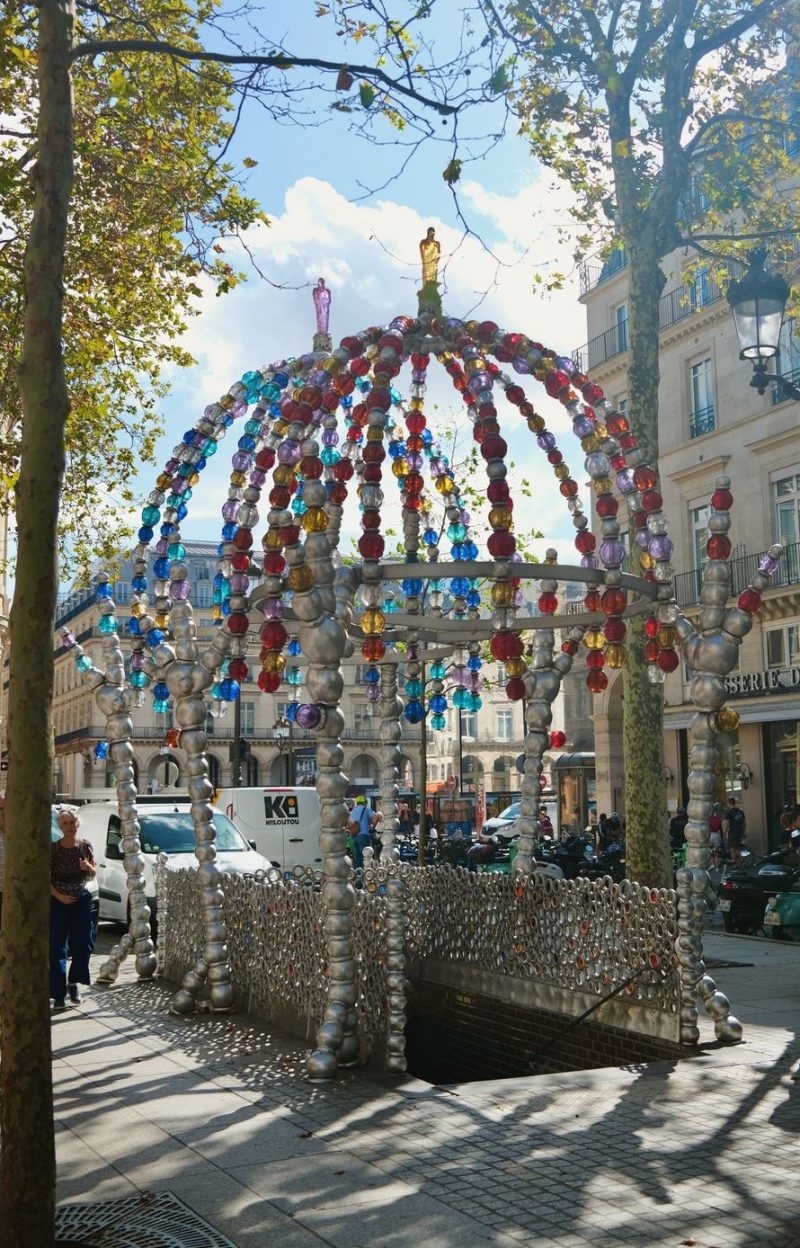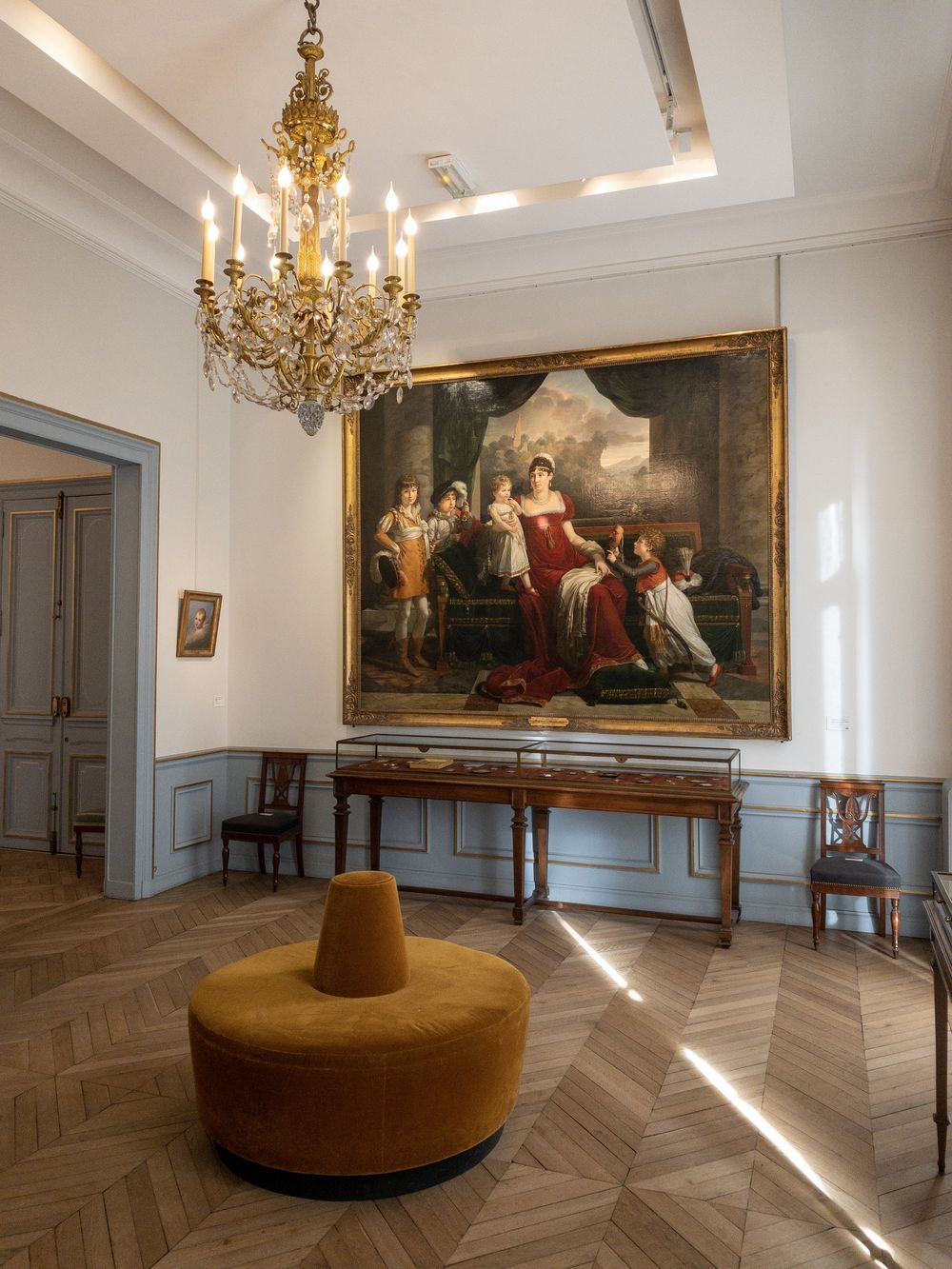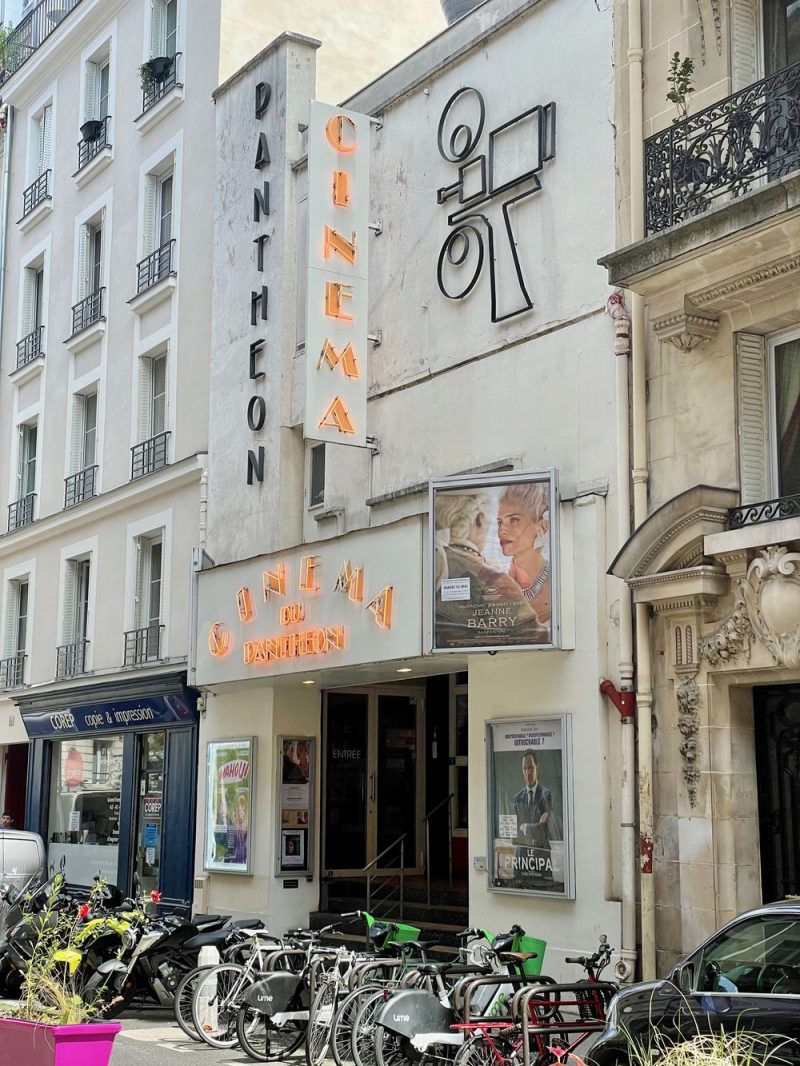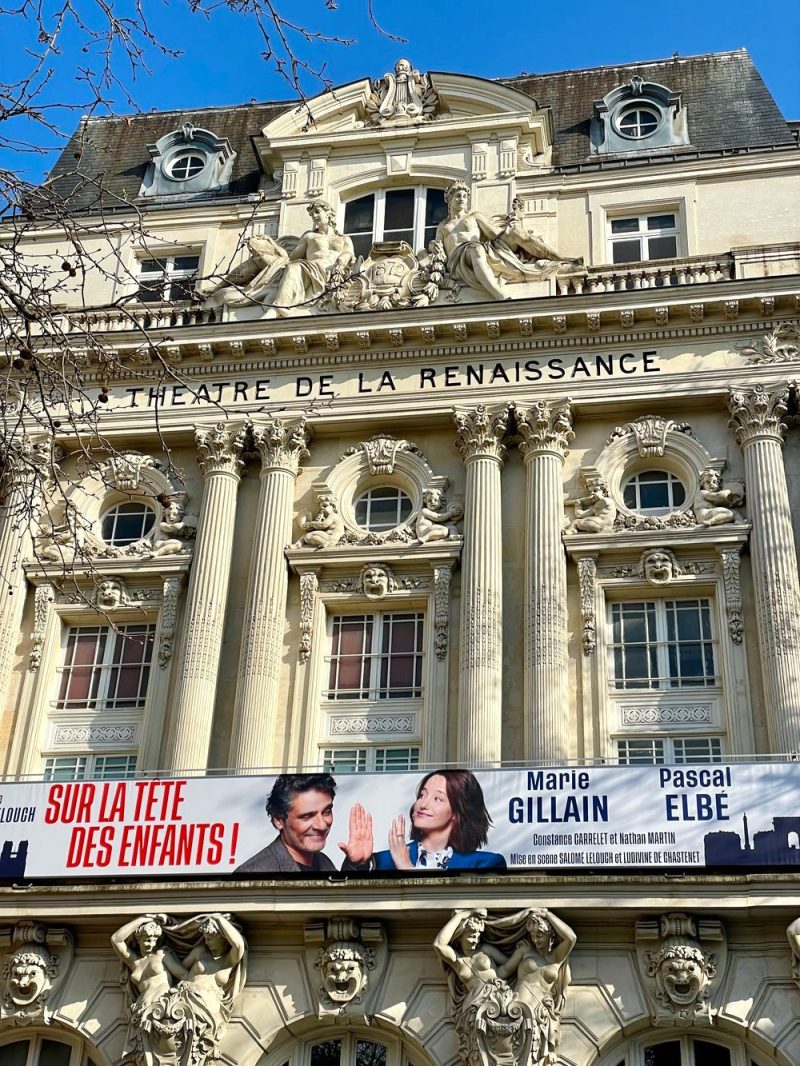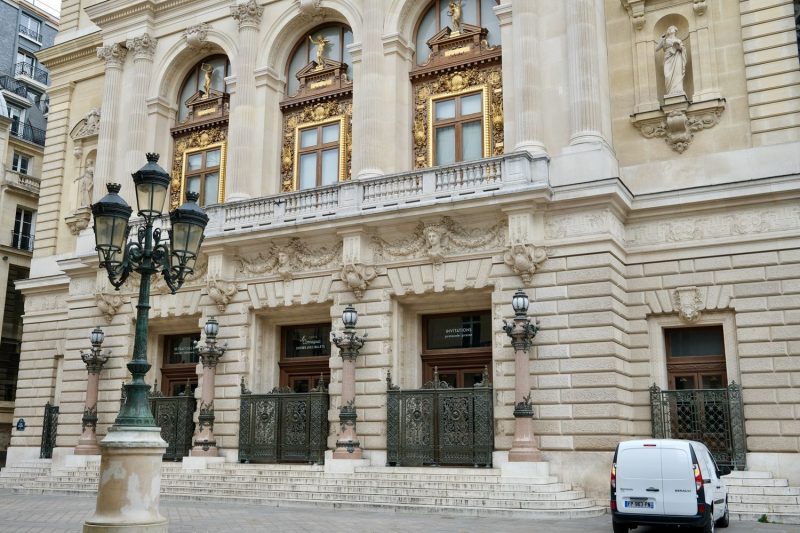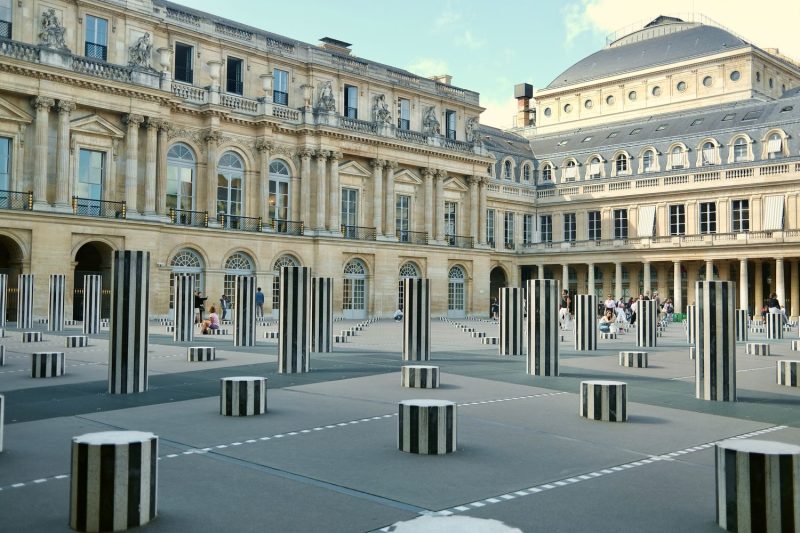Movie Theaters in Paris: Best French Cinemas and How They Work
Culture Travel may earn a commission through links on this website. As an Amazon Associate, we earn from qualifying purchases.
In Paris, the home of cinema, the cinematic experience is nothing short of extraordinary. As you saunter along the Seine, the whispers of cinematic legends beckon you toward the city’s iconic movie theaters, each exuding an inimitable charm. Within the bustling metropolis of Paris, a city renowned for its deep-rooted appreciation for the arts, movie theaters stand as magnificent altars of storytelling, offering a retreat into the mind of the scénariste, where romance, drama, and fantasy intertwine.
If you’re wondering what it’s like going to the movies in Paris, then I’m here to tell-all!
History of Cinema in France
The history of cinema in France can be traced back to the late 19th century when the Lumière brothers, Auguste and Louis, revolutionized visual storytelling by inventing the cinematograph, a motion picture camera and projector, subsequently hosting the world’s first film screening in Paris, 1895.
This innovation marked the inception of the film industry in France, paving the way for a burgeoning era of cinema, characterized by the emergence of pioneering filmmakers like Georges Méliès who astonished audiences with his creative narrative techniques and special effects.
Through the 20th century, France fostered the growth of cinema, giving rise to movements like the New Wave movement in the 1950s and 60s, led by François Truffaut and Jean-Luc Godard, which challenged traditional narrative conventions and introduced innovative filmmaking approaches.
Not just a birthplace of cinema, France has continually nurtured its growth, playing host to prestigious events like the Cannes Film Festival, and establishing itself as a powerhouse of both commercial and artistic film production.
Paris itself has been both the muse and the backdrop for countless films, nurturing an intricate relationship with filmmakers and cinephiles alike.
Its historic movie theaters and start-studded film festivals remain testament to a celluloid heritage, marrying the old with the new, and inviting visitors to be part of an ever-evolving cinematic tradition.
What to Know About Going to the Movies in France
You can easily visit a movie theater in France. You simply look at the schedule and decide what film you want to see and when. Buying a ticket is seamless and in you go! Popcorn, candy, and even ice cream are available for purchase to enjoy while you watch your movie. The only thing you must pay attention to is how the audible language is presented.
VO vs VF
In French movie theaters, you’ll encounter the terms “VO” and “VF” when selecting a film, which denote the language and subtitle options available for the movie you are about to watch.
“VO” stands for “Version Originale”, and refers to films that are screened in their original language, with French subtitles provided at the bottom of the screen. This way, you can experience the film as intended by its creators, with original dialogues and voice performances intact.
“VF” stands for “Version Française”, indicating that the film has been dubbed in French so that they can enjoy the movie without needing to read subtitles.
Understanding these distinctions is crucial to make sure you have a pleasant movie-watching experience!
Movie Theater Chains
These chains are where you’ll find the biggest selection of films and international blockbusters.
UGC
Established in 1971, UGC, or Union Générale Cinématographique, started as a film production company and gradually expanded to become a dominant player in the movie theater industry in France. Its extensive network encompasses a myriad of cinemas across the country, offering a diverse selection of films ranging from blockbuster hits to independent art-house productions. Its initiatives such as the UGC Illimité subscription offer allow film fans to indulge in unlimited movie tickets, showcasing UGC’s commitment to fostering cinema culture in France.
UGC Ciné Cité Les Halles, located underground in the center of Paris, is touted as the largest movie theater complex in France. This monumental cinema hub has 2 giant immersive screens, in addition to dozens of smaller ones. It’s my favorite cinema to visit in Paris because it has the largest selection of films and runs them for longer than other theaters!
7 Place De La Rotonde, 75001 Paris, France
MK2
Established in 1974 by Marin Karmitz, MK2 embarked on a mission to redefine the movie-going experience, melding art, culture, and entertainment into a cohesive entity. Today, under the guidance of Karmitz’s son Nathanael, it operates several state-of-the-art cinemas throughout Paris, showing mainstream releases alongside independent and international productions. Beyond being a cinema chain, MK2 has extended its influence into film production and distribution, solidifying its role as a conduit propagating cinematic arts in France.
Independent French Cinemas
Besides these large cinema chains that show the latest flicks, there are a number of independent French cinemas you should visit for a more authentic and unique French movie-watching experience!
Incredibly, many of the best French cinemas in Paris are actually still independently owned and operated.
Le Grand Rex
Le Grand Rex has a storied past, tracing its origins to the early 1930s when it was conceptualized by Jacques Haïk, a prominent film producer and distributor of that era.
Officially opening its doors on December 8, 1932, the cinema quickly established itself as a Parisian cultural icon, mesmerizing visitors with its lavish art deco interior, a large main auditorium adorned with twinkling stars and drifting clouds on the ceiling, offering a surreal and dreamlike viewing experience. During its inaugural years, it not only served as a movie theater but also hosted performances, including concerts and circus shows.
Le Grand Rex has undergone numerous renovations to preserve its historical charm while integrating modern technology, making it a state-of-the-art venue that retains a nostalgic ambiance. Its grandiose main room, La Grande Salle, is Europe’s largest cinema auditorium, boasting a capacity to accommodate over 2,700 viewers.
Le Grand Rex has been recognized as a French historical monument since 1981, an acknowledgment of its significant contribution to the cultural fabric of Paris.
1 Bd Poissonnière, 75002 Paris, France
Le Champo
In the midst of the Latin Quarter, one of Paris’ intellectual and cultural hubs, resides Le Champo, a cinema with a rich history that intertwines with the city’s artistic soul. Established in 1938, it quickly became a nexus for film aficionados and students from the nearby Sorbonne University, offering a space to revel in the art of cinema. Its compact yet charming interior bore witness to the fervent discussions and debates of intellectuals, filmmakers, and writers who frequented its halls, including prominent figures such as Jean-Paul Sartre and Simone de Beauvoir.
In the 1960s, the cinema embraced the revolutionary spirit of the times, often showcasing art films, documentaries, and productions from the New Wave movement, solidifying its status as a bastion of cinematic exploration and innovation. Throughout the years, Le Champo has steadfastly held onto its commitment to showcasing quality cinema, often featuring retrospectives of renowned directors, and providing a platform for classic films to shine once more.
Le Champo is an arthouse cinema reflecting Paris’s deep-seated love affair with the seventh art, offering a glimpse into the golden age of cinema within its cozy and nostalgic ambiance. Its enduring popularity and cultural significance were recognized when it was classified as a French historical monument in 2016, a well-deserved accolade.
51 Rue des Écoles, 75005 Paris, France
Cinémathèque Française
The Cinémathèque Française serves as an illustrious emblem of France’s cinematic history. Its inception can be traced back to 1936 when Henri Langlois, alongside Georges Franju and Jean Mitry, founded the institution with one ambition: to preserve the rich culture of film history meticulously.
Initially, the Cinémathèque started as a clandestine venture, where Langlois would secretly amass a collection of films, many of which were in danger of being lost or destroyed, especially during the turmoil of World War II.
In the post-war period, the Cinémathèque blossomed, shifting its focus to not only preserve films but also to showcase these cinematic treasures to eager audiences.
Situated now in the distinctive Frank Gehry-designed building in the 12th arrondissement since 2005, the Cinémathèque Française stands as a magnificent fortress of film culture. Housing an impressive archive of films, movie artifacts, and a museum, it offers a sanctuary for film scholars, buffs, and filmmakers to immerse themselves in the fascinating world of cinema. Through exhibitions, retrospectives, and educational initiatives, it continues to be an epicenter of film culture in Paris.
51 Rue de Bercy, 75012 Paris, France
Le Louxor
Le Louxor, with its distinctive façade adorned with neo-Egyptian motifs, was inaugurated in 1921. It heralded a golden era of movie palaces in Paris, captivating audiences with its luxurious interiors and a selection of films and newsreels. As years progressed, the glamour that surrounded Le Louxor faced a decline, leading it to transition into a concert venue in the 1960s, and later, rather ignominiously, into a gay nightclub in the 1980s, named Megatown.
However, the early 2000s saw a resurgence of interest in the venue, spearheaded by a public campaign to restore Le Louxor to its former cinematic glory. In 2003, the City of Paris acquired the building with the promise to rejuvenate it, and after a decade of meticulous restoration efforts that aimed to retain its original splendor while integrating modern amenities, Le Louxor reopened its doors to the public in 2013.
Stepping inside, you are transported back to a bygone era, embraced by the opulence of mosaic tiles, colorful frescoes, and intricate carvings that grace its interiors. The rejuvenation of Le Louxor allows newer generations to witness the magical confluence of history and artistry within its hallowed halls.
170 Boulevard de Magenta, 75010 Paris, France
Studio 28
Nestled in the heart of Montmartre, the quaint Studio 28 holds the distinction of being Paris’ oldest-running cinema, with a history etched in the annals of French cinema and arthouse films. Inaugurated in 1928 by Jean-Placide Mauclaire, the cinema was a hub for avant-garde artists and filmmakers, embodying the freewheeling spirit of creation that characterized Paris’ Roaring Twenties Les Années Folles.
Showcasing experimental and artistic films, Studio 28 became a sanctuary for creative minds, fostering discussions and explorations into the still very new art form of cinema. The cinema’s intimate and welcoming ambiance, adorned with chandeliers designed by Jean Cocteau in 1950, offered cinephiles a welcome retreat.
As World War II engulfed the continent, Studio 28 persisted, even as it suffered damages. In the post-war era, it emerged as a nurturing ground for the French New Wave movement, hosting screenings of works by eminent directors like François Truffaut and Jean-Luc Godard.
Today, Studio 28 continues to charm visitors with its curated roster of films. Its quaint courtyard, adorned with vibrant artworks, invites visitors to linger.
10 Rue Tholozé, 75018 Paris, France
Gaumont Opéra
Gaumont Opéra stands as a sentinel of cinematic heritage, embodying a long-standing tradition of film exhibition in the city. Its history is intertwined with the Gaumont Film Company, a significant entity in the film industry not only in France but globally, having been founded by Léon Gaumont in 1895.
The Gaumont Opéra initially opened its doors in the early 20th century as “Le Gaumont Palace”, a majestic edifice that once claimed the title of the largest movie theater in Europe, boasting a seating capacity for over 6000 viewers.
With its intricate architecture and grandiose interior, it was a beacon for film lovers, a luxurious venue where Parisians could revel in the magic of cinema. However, the Gaumont Palace faced demolition in 1972, giving way to the relentless march of progress and urban development.
Undeterred by this setback, the spirit of the Gaumont Palace was reborn in the form of the Gaumont Opéra, situated near the opulent Palais Garnier Opera House. The modern iteration, established in the 1980s, became a vital hub for movie fans, though it’s currently under renovation.
Its central location and state-of-the-art facilities will ensure that the Gaumont Opéra remains a preferred movie theater in Paris.
2 Boulevard des Capucines, 75009 Paris, France
